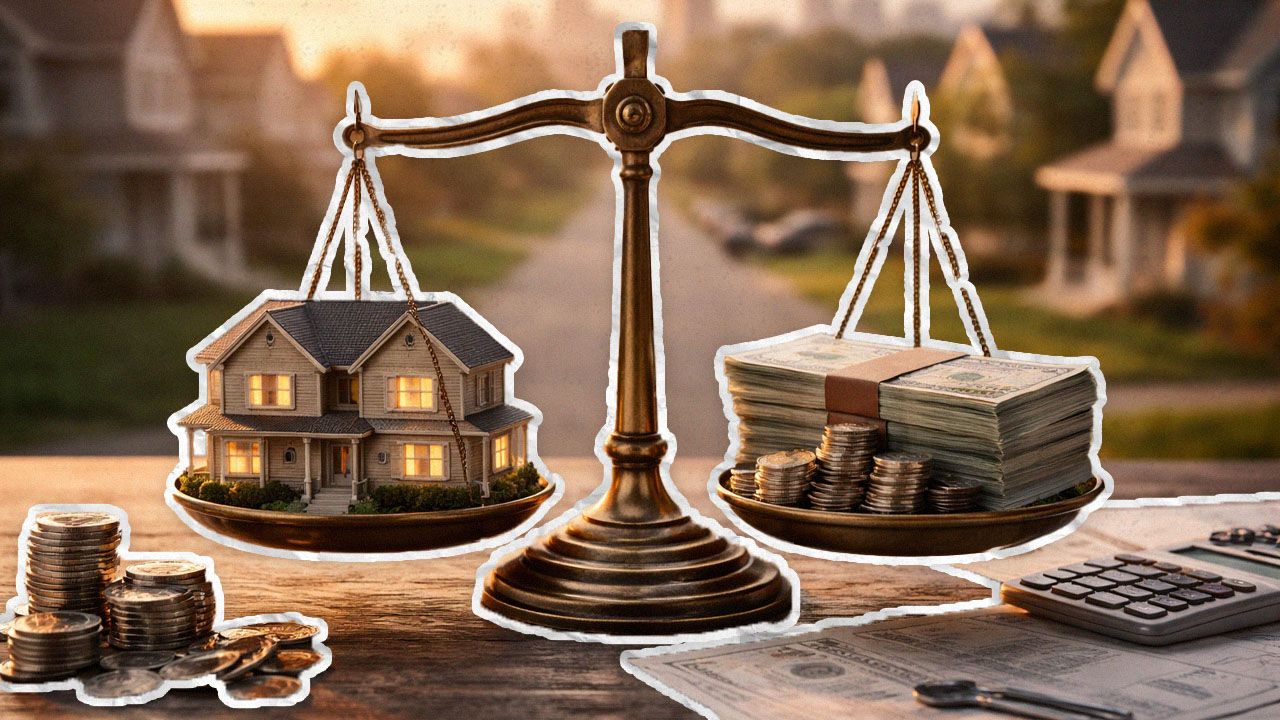Will Home Prices Drop in 2025? Key Market Trends & Forecasts
Mar 07, 2025
As we navigate 2025, the U.S. housing market remains a hot topic, with mortgage rates and inflation shaping the landscape. While some worry about a potential downturn, expert projections suggest a more stable, albeit modest, growth pattern rather than a full-scale crash.
Key Market Trends
Several factors are influencing the current housing climate:
-
Rising Mortgage Rates & Inflation: Higher borrowing costs continue to challenge affordability, making homeownership less attainable for many buyers.
-
Sluggish Builder Confidence: Supply chain disruptions and increasing costs have made builders hesitant, slowing down new construction.
-
Evolving Market Conditions: While home prices continue to rise, a slight increase in housing inventory is helping to stabilize price growth.
Despite these concerns, analysts predict a resilient market unless there’s a sharp spike in mortgage rates or widespread job losses.
What Experts Predict for 2025
According to Zillow’s latest housing forecast, home values are expected to rise by just 0.9% this year—significantly lower than the previous forecast of 2.9%. This adjustment is attributed to an increase in available listings, which has eased pressure on prices. Additionally, existing home sales are projected to reach 4.11 million, a pace similar to last year.
Although mortgage rates may see slight declines, significant reductions remain unlikely. As a result, buyer demand is expected to remain steady rather than surge.
The Affordability Challenge
Affordability remains a primary concern for buyers in 2025. Redfin reports that U.S. home prices rose 4% year-over-year in January, pushing the median home price to $418,284. Higher prices, coupled with high interest rates, mean buyers are stretching their budgets more than ever.
The National Association of Home Builders (NAHB) reports a decline in builder confidence due to rising costs and supply chain issues. This slowdown in new construction could further limit inventory, making it harder for buyers to find affordable homes. Additionally, the National Association of Realtors (NAR) recorded a 4.6% decline in pending home sales in January, signaling a potential cooling in market activity.
Is a Housing Crash on the Horizon?
While some fear a downturn, most experts agree that a crash is unlikely. NAR Chief Economist Lawrence Yun explains that for a significant crash to occur, mortgage rates would need to spike to around 9%, coupled with major job losses. However, both scenarios remain improbable given the current economic landscape.
Danielle Hale, Chief Economist at Realtor.com, highlights that mortgage rates, incomes, and home prices are the three main drivers of housing affordability. While rates may ease slightly, home prices are still expected to rise, offsetting affordability gains.
Robert Thorpe, Senior Editor from Newsweek.com, states that while affordability remains a pressing issue, economic fundamentals suggest that the market is more likely to stabilize than experience a major downturn.
Meanwhile, the job market remains strong, with unemployment hovering around 4% and wages continuing to grow. This economic stability is expected to support housing demand, even as high interest rates keep some buyers on the sidelines.
Emerging Market Trends
As affordability drives buyer decisions, some cities are becoming hotspots for home purchases. Zillow’s list of top housing markets in 2025 includes:
-
Buffalo, NY – Leading the pack with strong demand and relative affordability.
-
Indianapolis, IN & Kansas City, MO – Attractive markets offering lower-cost alternatives.
-
Providence, Hartford, and Philadelphia – Budget-friendly options compared to their pricier metro counterparts.
Final Thoughts
The U.S. housing market in 2025 is expected to see gradual growth rather than drastic changes. While affordability remains a challenge, demand is sustained by wage growth and steady employment levels. The biggest uncertainty lies in mortgage rates, which could significantly impact buying power if they fluctuate unexpectedly.
For buyers and investors, staying informed and prepared for market shifts will be crucial in navigating the evolving real estate landscape this year.






